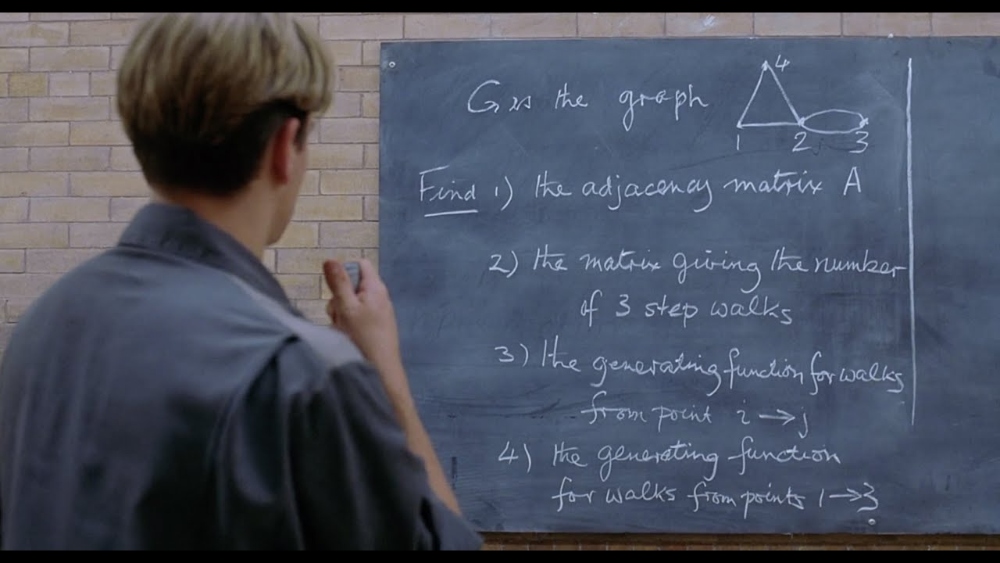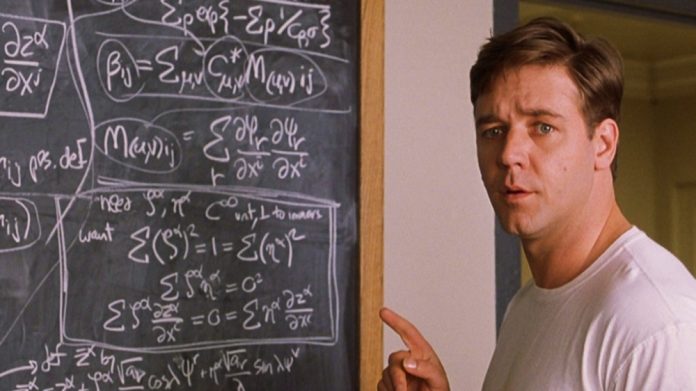“This deal is exceptional,” read a statement from the WGA announcing a tentative agreement with the AMPTP on Sunday night.
They weren’t kidding.
The guild revealed a new three-year MBA with studios and streamers on Tuesday evening, and the response was virtually unanimous — this deal was worth the pain of a five-month strike.
“This does so much for current [and] future writers who want to make this a living [and] not just a hobby.”
The big issues — AI restrictions, minimum staffing levels in TV writers’ rooms, streaming data transparency, and foreign residuals — all seem to have been addressed to the guild’s satisfaction.
For starters, AI cannot be used to write or rewrite literary material, and while a writer can choose to use AI if a company consents, a company can’t force a writer to use AI software such as ChatGPT. Companies also have to tell writers if they’ve been given any material that has been generated by AI, which won’t be considered source material under the MBA, so writers’ credits and compensation can’t be undermined by AI. Furthermore, the WGA reserves the right to object to writers’ material being used to train AI.
The WGA secured annual minimum pay increases of 5 percent, 4 percent, and 3.5 percent for its members over the next three years. It entered the contract negotiations seeking increases of 6 percent, 5 percent, and 5 percent. In the end, the guild compromised and settled for a cumulative 12.5 percent raise in residuals after asking for a 16 percent raise.
With regard to the issue of viewership data, in addition to the existing fixed residual, the AMPTP agreed to a success-based residual that rewards popular shows. That inherently requires greater transparency regarding viewership, though that information will be shared subject to a confidentiality agreement. The guild will receive the total number of hours streamed, both domestically and internationally, of “self-produced high-budget streaming programs.” It’s unclear if streamers will have to provide data info regarding outside pickups or low-budget programs.

Going forward, writers on shows that “are viewed by 20 percent or more of [a] service’s domestic subscribers in the first 90 days of release, or in the first 90 days in any subsequent exhibition year,” will earn the bonus residual, which equates to $9,031 for a half-hour episode of television on a major streaming service, 16,415 for a one-hour episode, and $40,500 for a streaming feature with a budget over $30 million. This bonus structure will take effect for projects released on or after Jan. 1, 2024.
In terms of minimum room size, the new deal calls for a minimum staff size of three writer-producers for a first-season show with a room running 20 weeks or longer, and a formula will be used for additional seasons that is based on the number of episodes. For example, there will be at least six writers on a 13-episode series and five writers on a series that runs 7-12 episodes.
In terms of “span” gains, development rooms are now guaranteed at least 10 consecutive weeks, with post-greenlight rooms guaranteed at least 20 weeks, or however long the writing process takes. These terms apply to all new shows going forward, starting on Dec. 1, 2023, though pre-existing programs don’t have to adhere to room size or span requirements.
Oh, and the term “showrunner” is now officially defined in the MBA as a “writer,” which is key, plus the new MBA dictates that staff writers must be paid script fees for the episodes that they write.
On the feature side, screenwriters have been guaranteed a “second step” as well as accelerated payment — writers will get 75 percent of their money after nine weeks — and increased residuals, which as noted by screenwriters Damian Shannon and Mark Swift, are “huge wins that will sustain careers.”
The AMPTP nearly walked away from the negotiating table at the eleventh hour after the WGA reiterated its demand from August that members be allowed to refuse to cross other unions’ picket lines given that SAG-AFTRA members have stood by the writers throughout their strike, but according to THR‘s Kim Masters, Disney CEO Bob Iger put his foot down on that front.
The next step is for the guild to ratify the three-year contract, which will take place from Oct. 2 to Oct. 9 and is seen as an inevitability, as no one wants WGA leadership to return to the negotiating table.



